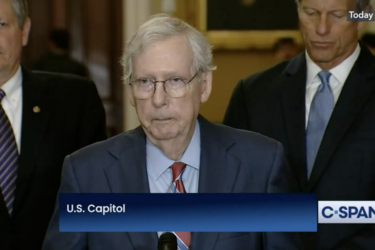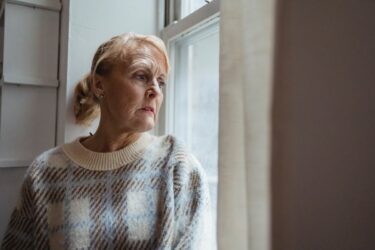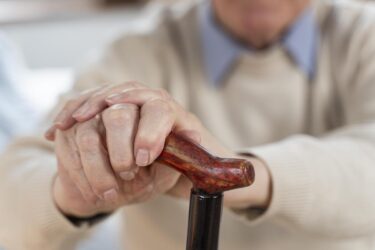The aging of the population is a global trend, and one that will affect developing countries even more than the United States and Europe.
 Judith Graham (@judith_graham), has served as AHCJ’s topic leader on aging for more than a year. She has been vital to our goal of building the best resources for journalists on this topic. We thank her for her service and look forward to following her and continuing to learn from her.
Judith Graham (@judith_graham), has served as AHCJ’s topic leader on aging for more than a year. She has been vital to our goal of building the best resources for journalists on this topic. We thank her for her service and look forward to following her and continuing to learn from her.
If you are interested in being the new topic leader on aging, read more about the position and how to apply.
I wrote about this for The New York Times’ New Old Age blog, using as a hook the publication of a major report on the topic from the United Nations Population Fund.
That study is worth reading if only to understand how the issues we’ve been talking about on AHCJ’s aging website are playing out across the world.
It changes your perspective as a reporter when you realize this beat isn’t limited to what’s going on in your city or your state: It concerns an amazing, unprecedented development – the lengthening of the human lifespan – occurring everywhere on this planet.
Here, we’ve been discussing key problems that older people face, such as ageism, age discrimination and elder abuse. When the U.N. Population Fund asked an international sample of 1,150 adults age 60 and above about their experiences, this is what they said:
- 67 percent said they believed age discrimination affects older people
- 37 percent said they had experienced age discrimination personally in the last year
- 43 percent said they were afraid of personal violence
- 49 percent said they were treated with respect. Flip this around and it means more than half indicate not being treated with respect.
That last statistic brings a knot to my throat.
We’ve also talked here about what can happen when older people lose jobs, see their nest eggs shrink, delay retirement, and struggle with insufficient incomes. The fact of the matter is that poverty isn’t good for any older person’s well being or health, whether she lives in the United States or Bangladesh.
This is what people 60 and older said when asked about this topic for the UN survey:
- 66 percent wanted to work for money, if only they had the opportunity
- 33 percent said they had paid employment in the last month
- 53 percent found it hard or very difficult to pay for basic services
- 47 percent said they found themselves “always” or “very often” worried about problems with money
Hardship. That’s what characterizes the life of too many older people across the world.
Adding to that is a substantial burden of poor health and disability that I mention in my New York Times’ piece but that’s worth repeating here. Again, from the UN survey:
- 44 percent of adults age 60 and older say their health status is fair
- 22 percent say their health status is bad or very bad
- 34 percent say it’s difficult or very difficult to access health care when they need it
- 16 percent say they are very often or always lonely
You’ve probably heard it said, as I have, that how we treat the most vulnerable among us – children, the severely disabled and the elderly – is a measure of who we are, both individually and as a society.
The perceptions of aging documented in the United Nations survey pose a challenge. Is this good enough, the way we’re treating the oldest among us? Can we hold our heads high and feel that we have done all we should?
Personally, when I write about these issues I hope to contribute, in some small measure, to sparking these kinds of questions in peoples’ minds as well as thoughtful policy exchanges.
It’s been a pleasure serving as editor of the aging site this past year. As some of you may know, I’m stepping down as editor to pursue other endeavors. Good luck to all of you.









